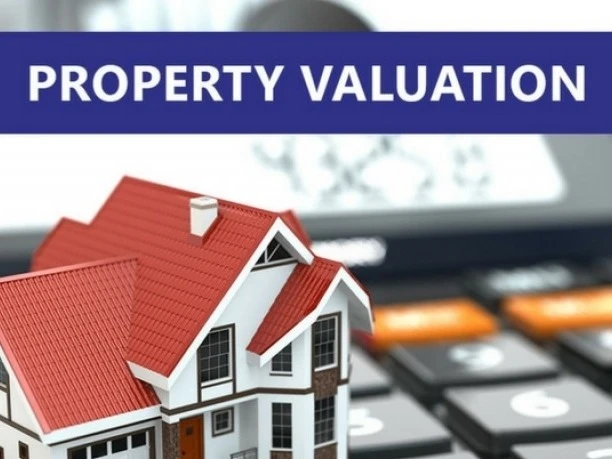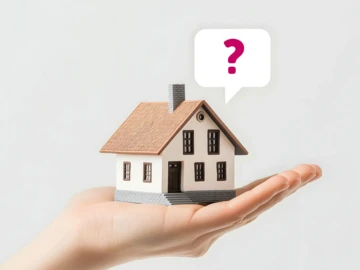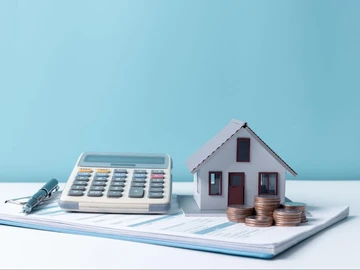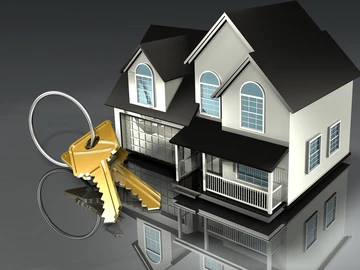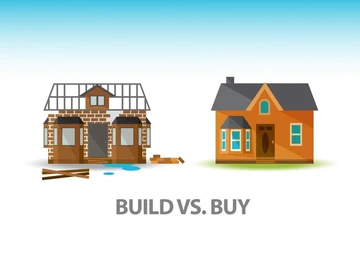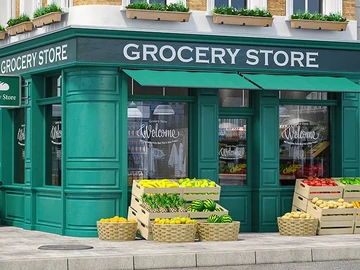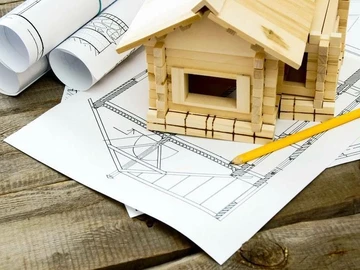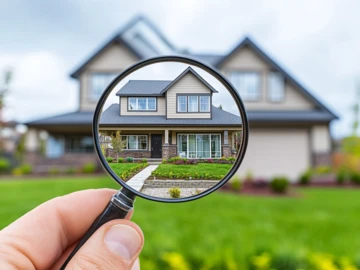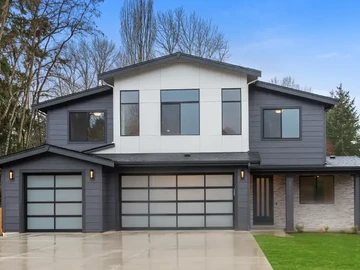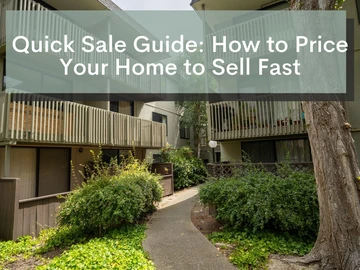Have you ever wondered how valuers decide what your property is worth? Whether you're buying, selling, or refinancing, the valuation report can make or break your deal. But what actually happens behind the scenes? What factors influence the final number?
We spoke to licensed valuers and real estate analysts in Zimbabwe to unpack the key elements they consider and why two seemingly similar homes can be worth wildly different amounts.
What Is Property Valuation?
Property valuation is a professional estimate of the market value of a property conducted by a certified valuer or valuation surveyor. It’s used for:
- Selling or buying property
- Applying for a mortgage or bond
- Estate planning or divorce settlements
- Insurance purposes
- Capital gains tax or investment analysis
In Zimbabwe, valuation reports are often required by banks, pension funds, and even courts.
What Valuers Consider When Pricing Property
1. Location, Location, Location
- Is the property in Borrowdale, Greendale, Hillside, or Ruwa?
- Is it close to schools, shops, and paved roads?
- Is the area gaining in value, or declining?
According to Property.co.zw, homes in Borrowdale command 2.5x higher prices than similar-sized homes in Westgate or Mabvuku, largely due to perceived value and amenities.
2. Property Type & Condition
Valuers assess whether it’s a cluster home, flat, standalone house, or commercial/industrial property.
They also evaluate:
- Size (square metres under roof)
- Number of bedrooms/bathrooms
- Overall condition (cracks, damp, roofing)
- Finishings (tiles, cabinetry, lighting, solar systems)
A recently renovated home can command 15–25% higher value than a neglected one—even if in the same location.
3. Legal Documentation
Valuers must verify documentation before confirming value:
- Title deed or valid allocation letter
- Approved building plans
- Subdivision/servicing compliance (for land)
Unregistered or disputed properties are given a lower valuation or flagged with conditions.
4. Infrastructure & Services
- Borehole, solar, ZESA availability, and septic/sewer connections
- Road access (tarred vs gravel vs none)
- Council services (refuse, water, rates compliance)
In high-demand areas, properties with solar + water backup systems are valued up to 20% more than those without.
5. Comparative Sales (The “Market Approach”)
Valuers use recent sales of similar properties nearby to benchmark your property’s value.
Example:
A 3-bed house in Greendale recently sold for US$150,000. If your house is slightly newer and has a borehole + solar, it may be valued at US$160,000–$170,000.
This “comparative method” is the most common pricing tool used by valuers in residential areas.
Other Valuation Methods
Depending on the property type, valuers may also use:
|
Method |
Used For |
Description |
|
Cost Method |
New builds, commercial spaces |
Based on what it would cost to rebuild the property today |
|
Income Method |
Rentals, commercial property |
Based on the property’s income-generating potential |
|
Residual Method |
Developments & land |
Based on expected returns after construction and costs |
What’s Inside a Valuation Report?
A professional valuation report typically includes:
- Property description and photos
- Market analysis of the area
- Legal compliance check (title, permits)
- Comparable sales data
- Final valuation amount
- Disclaimers or special conditions
Reports are often valid for 3–6 months, depending on market volatility.
What Do Valuers Say in 2025?
“Buyers and sellers often have emotional prices in mind. Our job is to bring objectivity backed by data, location trends, and inspection.” — Registered Valuer, Harare
“In 2025, we’re seeing the biggest value increases in suburbs with solar-ready homes, clean title, and developer infrastructure.” — Bulawayo-based Valuer
Why It Matters to Understand Valuation
- For Sellers: Helps you price competitively and justify your asking price.
- For Buyers: Ensures you’re not overpaying.
- For Loans: Determines how much you can borrow.
- For Legal Purposes: Acts as evidence in court, divorce, or estate disputes.
Tip: Always hire a registered valuer from institutions like the Valuers Council of Zimbabwe or reputable firms listed on Property.co.zw.
How Much Does a Valuation Cost?
|
Property Type |
Valuation Fee Estimate (2025) |
|
Residential Home |
US$150 – US$500 |
|
Commercial Property |
US$400 – US$1,500 |
|
Serviced Stand (Land) |
US$80 – US$250 |
|
Large-scale Development |
Custom quoted |
Ready to Get Your Property Valued?
Visit Property.co.zw to:
- Connect with registered valuers across Zimbabwe
- Access recent market trends and suburb price insights
- Learn how to prepare your property before a valuation
- Request valuation assistance directly from trusted agents
Final Word: Pricing Isn't Guesswork—It's Data + Expertise
Understanding how your property is priced empowers you to make better decisions whether you're selling, buying, insuring, or simply planning for the future.
With a professional valuation, you're not just getting a number you’re getting clarity.
 Continue with Facebook
Continue with Facebook
 Continue with Email
Continue with Email

